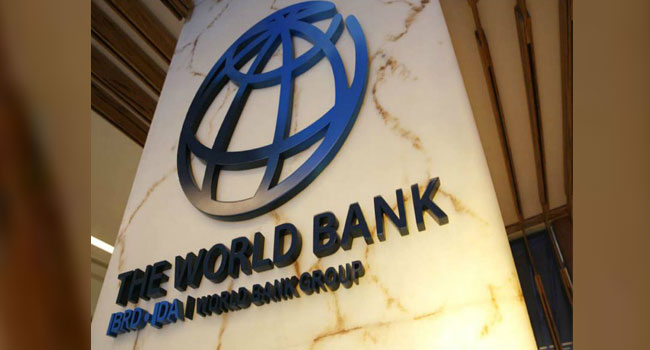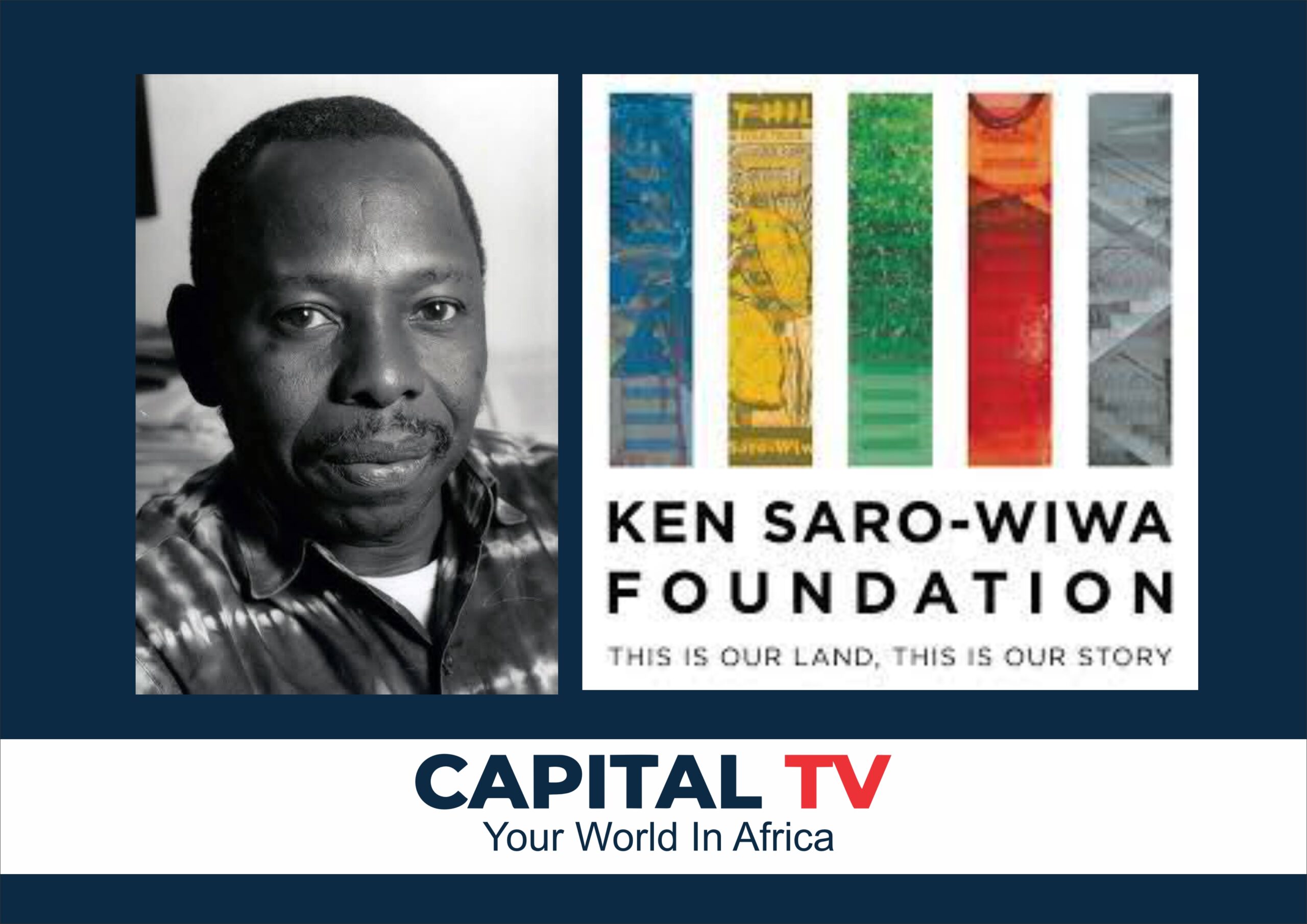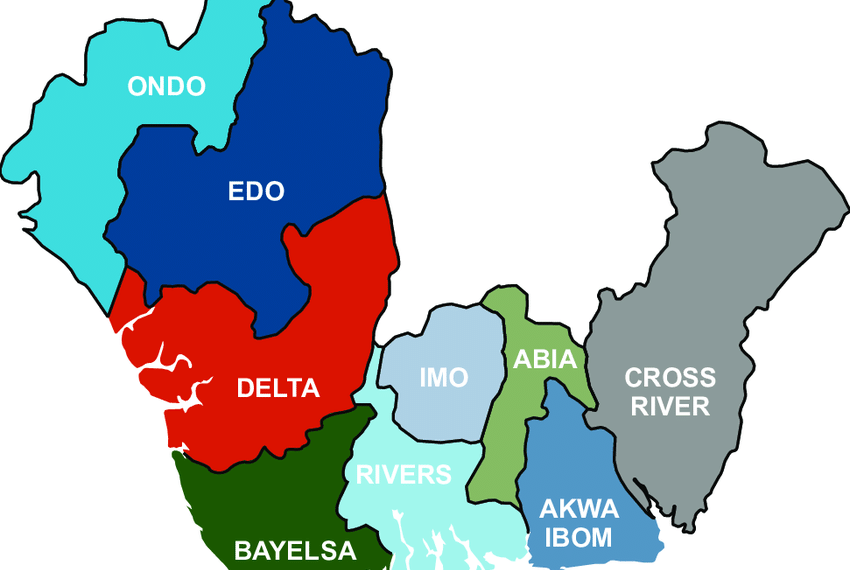The World Bank has recently approved three significant projects for Nigeria, amounting to $1.57 billion in financing. This funding aims to tackle various governance challenges in critical sectors such as education and healthcare, enhance primary healthcare services, and bolster resilience against climate change.
On September 26, 2024, the World Bank reaffirmed its commitment to Nigeria’s development by approving this financing package.
With over 40% of its population living below the poverty line and a struggling healthcare system, the need for sustainable development solutions is more pressing than ever. Previous World Bank projects have aimed to address similar issues, setting a foundation for these new initiatives.
The most recent funds are intended to strengthen human capital and improve infrastructure, ultimately addressing poverty and enhancing productivity across the nation. The package consists of a $1.5 billion loan and a $70 million grant, reflecting a broader strategy to uplift key sectors.
Breakdown of Projects
HOPE-GOV Program:
Funding: $500 million
Objective: Improve governance in education and health sectors.
Focus: Address financial and human resource management issues to enhance service delivery. The goal is to ensure that basic education and primary healthcare services reach vulnerable populations through improved transparency and accountability.
Primary Healthcare Provision Strengthening Program (HOPE-PHC):
Funding: $570 million
Objective: Strengthen Nigeria’s healthcare system, particularly for women, children, and adolescents.
Focus: Reduce maternal and under-five mortality rates while enhancing health infrastructure resilience. The program aims to provide quality reproductive and child health services to approximately 40 million Nigerians in underserved areas, supported by a $500 million International Development Association (IDA) credit and a $70 million grant from the Global Financing Facility (GFF).
Sustainable Power and Irrigation for Nigeria Project (SPIN):
Funding: $500 million
Objective: Protect Nigeria from climate-induced challenges such as floods and droughts.
Focus: Enhance dam safety, improve water resource management, and expand irrigation services to benefit around 950,000 people, including farmers and livestock breeders. The project will also develop a master plan for hydropower generation, aiming to boost energy production through public-private partnerships.
The Impact of Continuous Borrowing
World Bank’s $1.57 billion commitment to Nigeria represents a pivotal opportunity for transformation across critical sectors. If executed effectively, these projects could not only improve immediate living conditions but also lay the groundwork for a more resilient and self-sustaining economy.
While these projects promise significant improvements in critical sectors, the continuous borrowing from the World Bank raises concerns about the long-term implications for Nigeria’s economy. Each loan compounds the nation’s debt burden, potentially mortgaging the future of Nigerians.
The continuous borrowing raises critical questions about the long-term sustainability of Nigeria’s economic future. It is essential for the Nigerian government to balance immediate needs with the long-term implications of its financial decisions to ensure a prosperous future for all citizens.
Relying on external financing can lead to a cycle of dependency, where the government prioritizes loan repayments over local investments in infrastructure and social services.
In addition, high levels of debt may deter foreign investment and hinder economic growth. Investors often seek stable environments, and excessive borrowing can create uncertainty about Nigeria’s financial health. Without a clear strategy for sustainable development and economic diversification, Nigeria risks becoming trapped in a cycle of borrowing that does not yield long-term benefits.





